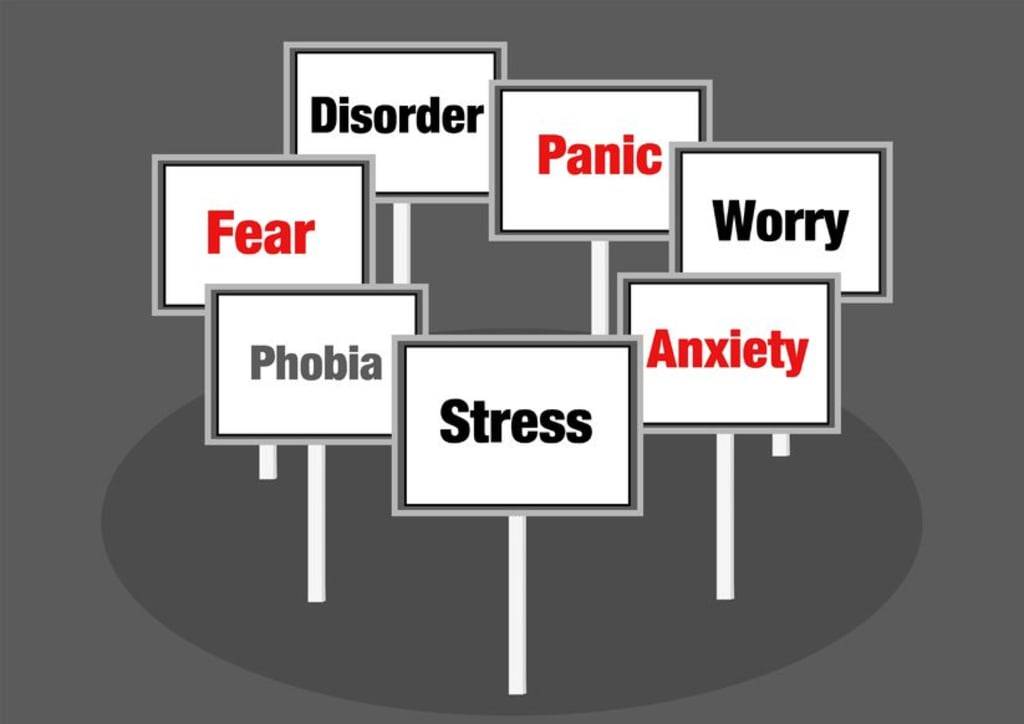Life is a complex journey with both happy and tough moments. Sometimes, people can feel so overwhelmed that they experience despair and may even want to give up on life. It's important to understand why these feelings occur so we can help and support those who are struggling with their mental health. Here are some main reasons that might lead someone to feel hopeless:
1.Mental Health Issues:
Conditions like depression, anxiety, and bipolar disorder can greatly affect how a person views life. These mental health issues can cloud judgment, making it hard to see the good or find solutions to problems. This can create feelings of loneliness and powerlessness, leading individuals to think they are stuck in their situation.
2.Trauma and Abuse:
Going through trauma, whether from physical, emotional, or sexual abuse, can deeply impact a person's mental health. Those who have survived trauma may feel worthless or blame themselves, making them see life as not worth the effort. The emotional pain from these experiences can block personal growth and coping skills, sometimes leading to thoughts of giving up.
3.Loss and Grief:
Losing someone you care about, whether through death or separation, can create a deep emptiness in your life. Grieving can be a long and tough journey, and some people may struggle to move on after such a loss. This difficulty in handling grief can lead to feelings of hopelessness, making them think about giving up on life.
4.Chronic Illness or Pain:
Dealing with a long-term illness or constant pain can greatly change how one lives. The daily battle with pain or the restrictions of a health issue can cause frustration and despair. When people feel powerless over their health, they might start to believe that life isn't worth living.
5.Societal Pressures and Isolation:
Today's society often puts a lot of pressure on people to succeed, fit in, or meet certain expectations. The constant chase for success can make individuals feel inadequate, especially when they compare themselves to others. Moreover, social media can lead to feelings of isolation, as people may feel disconnected from their friends, increasing their loneliness and despair.
6.Substance Abuse:
Using drugs or alcohol can create a harmful cycle where individuals turn to substances to escape their problems. Over time, this dependence can harm mental health and damage relationships, deepening feelings of hopelessness. In some situations, people may feel there is no escape but to give up completely.
7.Financial Issues:
Facing money problems can cause a lot of stress and worry. Debt, job loss, or surprise costs can make people feel stuck in a tough situation. When the main focus is just getting by, it can be hard to see a brighter future, leading to feelings of wanting to give up.
8.Absence of Support:
A solid support network is important for mental health. People who feel they don't have caring friends, family, or community may find it hard to deal with life's difficulties. Without understanding and connection, it can seem like there's no one to rely on during tough times, increasing feelings of loneliness and despair.
Conclusion:
The reasons why someone might think about giving up on life are many and complicated. Recognizing these issues is a key step in offering help and resources to those who need it. It's important to create a space where mental health is valued, and people feel safe asking for help. Promoting open conversations about mental health, building resilience, and offering support can greatly impact the lives of those in distress.
If you or someone you know is having thoughts of giving up or self-harm, it's crucial to contact a mental health expert or a support hotline. Remember, there is always hope, and help is out there.




No comments yet
Be the first to share your thoughts!